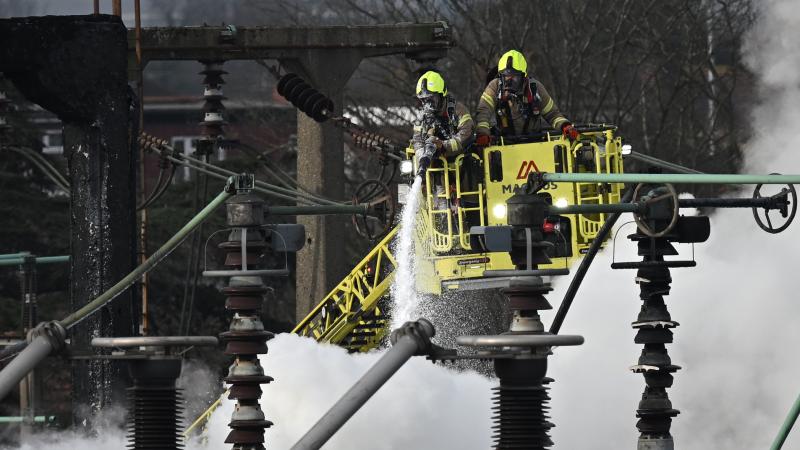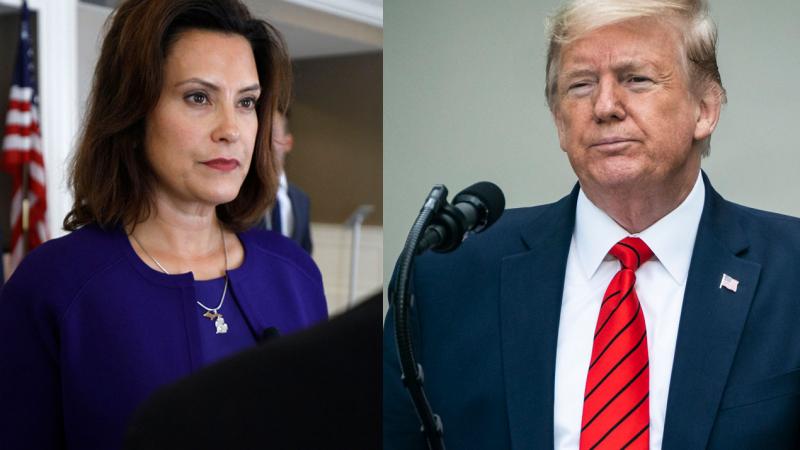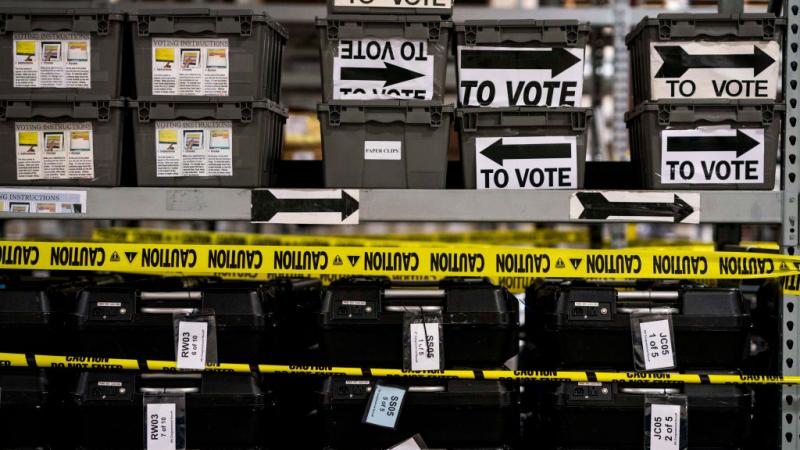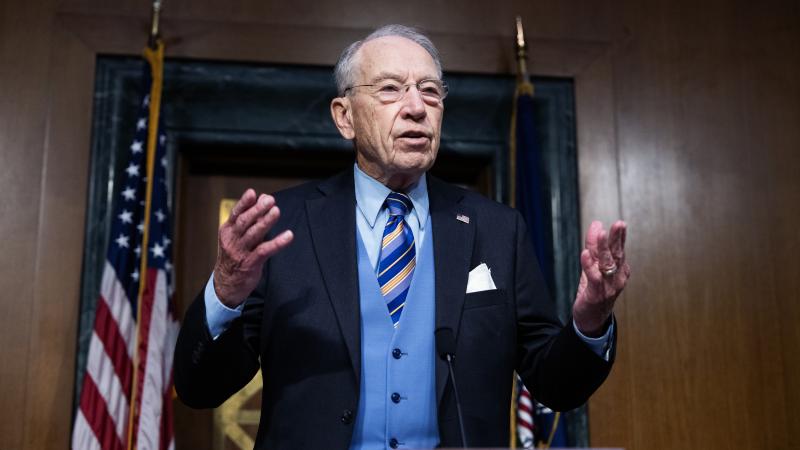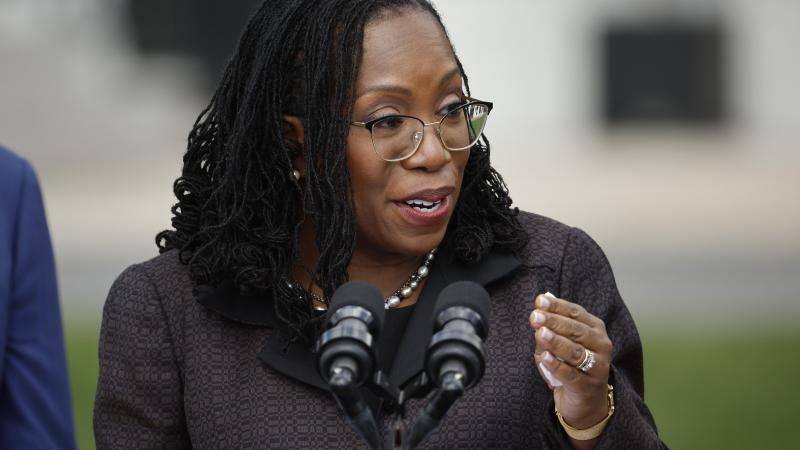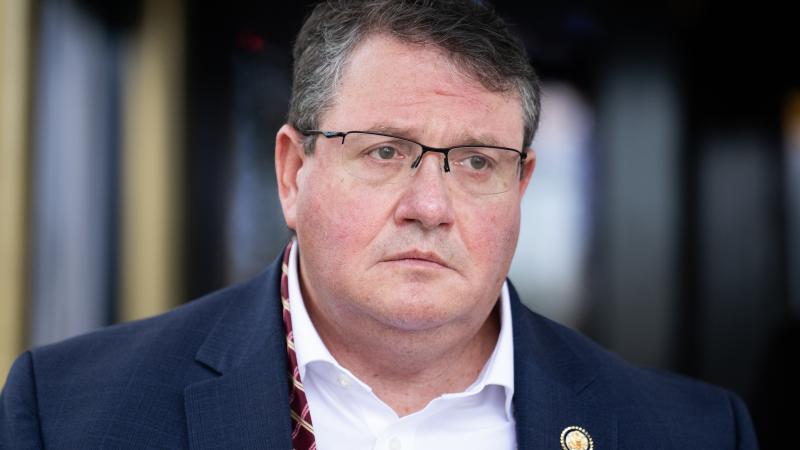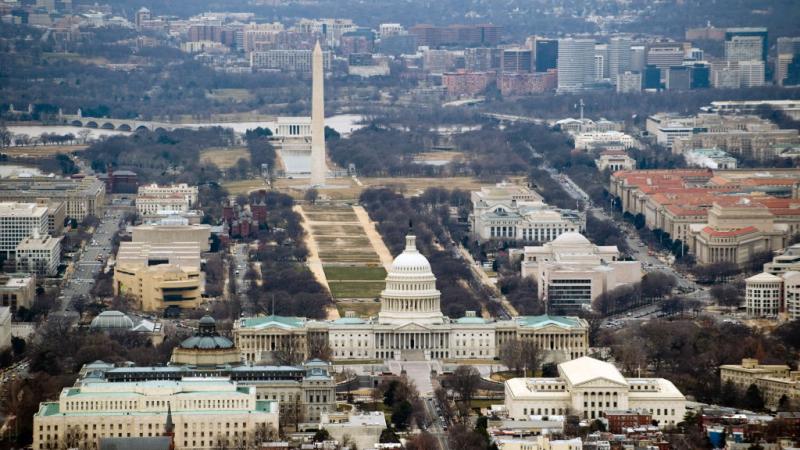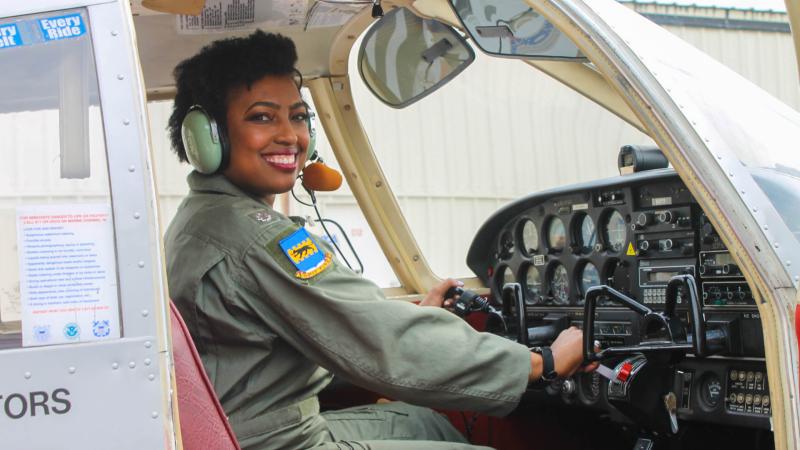Whitmer misses vaccination target with $5 million lottery, claims 'outstanding success'
Michigan modeled its Shot To Win Sweepstakes on Ohio's first-in-the-nation lottery, despite a Boston University School of Medicine (BUSM) study that concluded Ohio's effort failed.
Michigan Democratic Gov. Gretchen Whitmer is calling her $5 million COVID-19 vaccine lottery an "outstanding success," despite failing to reach her own goal.
When announcing the lottery, Whitmer set one metric for success: boost Michigan's vaccination rate by nine percentage points from 61.8% to break 70% by Aug. 3.
As of Aug. 20, Michigan has a 65% vaccination rate for those ages 16 and older, meaning Whitmer spent $5 million for a roughly 3.2 percentage point increase, depending on weekend injection numbers. Still, she claimed victory.
"Thanks to every Michigander who got their shot, the MI Shot To Win Sweepstakes has been a success and we are continuing to make progress in keeping our families and communities safe," Whitmer said in a statement. "But our work is not done. We are going to keep making efforts to reach people where they are, answer their questions and help them get their shots. If we work together, I know we can get this done and continue our economic jumpstart."
Whitmer claimed success, citing the number of first doses administered by week:
- July 4-10: 28,000
- July 11-17: 30,000
- July 18-24: 35,000
- July 25-30: 41,000
"The sweepstakes and news coverage helped spur conversations between families and friends about the sweepstakes," Protect Michigan Commission Director Kerry Ebersole Singh said in a statement. "Several winners who were previously unvaccinated before the sweepstakes said they were inspired to get their vaccinations based on those discussions and the prizes they could win."
The emergence of the Delta variant and a higher number of unvaccinated people being hospitalized than those vaccinated could also be driving the increase in first-time vaccinations.
Michigan hospital data (slide 44) shows from Jan. 15 through July 28, 97.6% of COVID-19 cases appeared in people not fully vaccinated. About 94.5% of hospitalizations in this period were people not fully vaccinated, and 95% of those who died from COVID-19 weren't fully vaccinated. Of 4.6 million fully vaccinated people in Michigan, just .005% died from COVID-related causes.
A recent Centers for Disease Control and Prevention (CDC) study indicates unvaccinated people are 2.34 times more likely to be reinfected than those who are fully vaccinated.
At least eight Michigan colleges and several workplaces are mandating vaccinations, likely also boosting vaccination numbers.
Michigan modeled its lottery on Ohio's first-in-the-nation lottery, even after a Boston University School of Medicine (BUSM) study published in the Journal of American Medical Association network concluded Ohio's lottery failed since it didn't account for expanded vaccine parameters for those ages 12-15.
"Our results suggest that state-based lotteries are of limited value in increasing vaccine uptake," said Allan J. Walkey, MD, senior author of the study and BUSM professor of medicine and physician. "Therefore, the resources devoted to vaccine lotteries may be more successfully invested in programs that target underlying reasons for vaccine hesitancy and low vaccine uptake."


